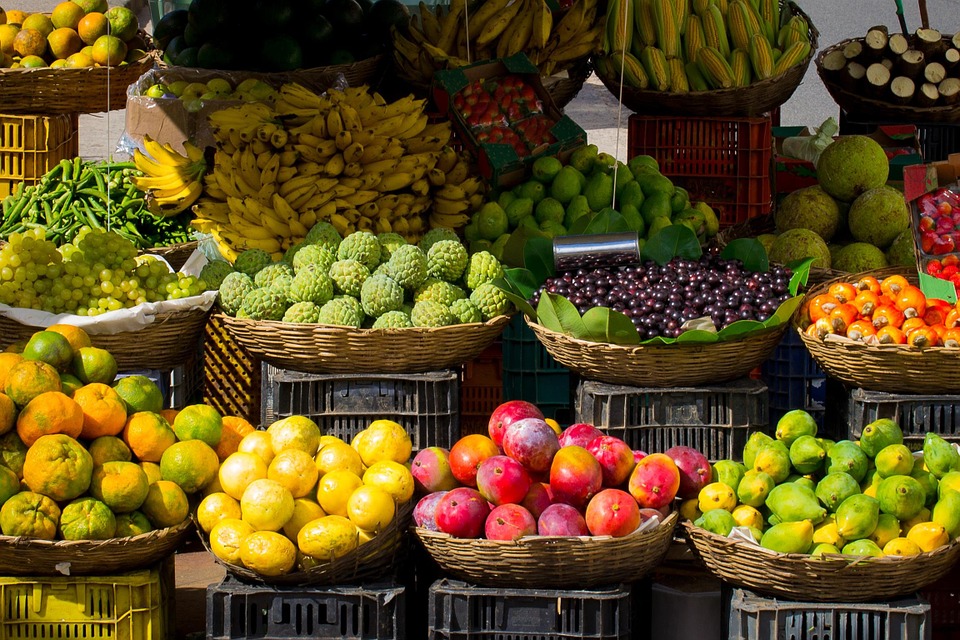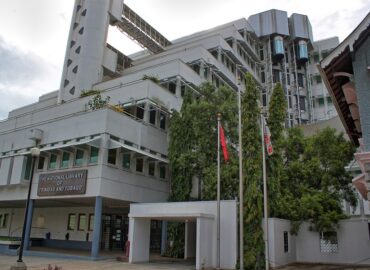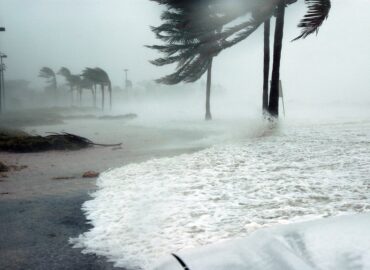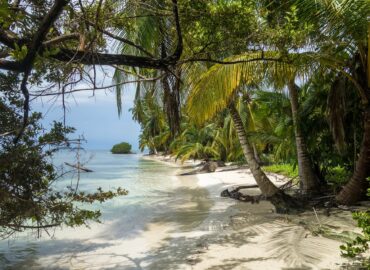Over the last decade, much emphasis has been placed on eating locally-grown food. However, there are certain places in the world where this is rather difficult. Among them are the many islands of the Caribbean. Conditions for farming have not always been so favorable in this region owing to several factors. Besides, the impact of events related to climate change has made farming quite difficult.
This is why much of the fresh food available in the Caribbean countries are imported from other countries. Eventually, this would result in a large carbon footprint and packaging waste. In recent times, several restaurant owners and local growers have taken a more sustainable approach to this problem. Here’s how many of the places in the Caribbean are taking some important initiatives towards sustainable agriculture:
1. Puerto Rico
Much of the Caribbean has been drastically affected by climate change and some disastrous events associated with it. Among the worst-hit places in this region is Puerto Rico. This island is an unincorporated territory of the United States in the Caribbean.
It is well-known for its charming natural beauty, an elegant hotel strip, casinos, and beach bars. Today, it is still recovering from the devastation left behind by the hurricane Maria. This is why some of the local businesses have begun taking climate change seriously.
Among them is the Vanderbilt hotel, which is working with local producers, helping them recover from the post-Maria impacts. It is supporting the recovering farms by buying the produce from them. This includes fruit and farm-fresh eggs.
All these food items are used for preparing the delicacies in the hotel’s restaurant called ‘1919’. Many other restaurants on the island are also helping the local farmers. Some are even providing renewable energy for the farmers’ needs by installing solar panels.
2. The Cayman Islands
For many years, these islands have attracted luxury travelers from various corners of the world. This island group is a British Overseas Territory with beautiful white-sand beaches and an incredible wildlife. It is only recently that the island has made its culinary scene more eco-friendly.
The Grand Cayman has taken sustainability to greater heights since the opening of its first farm-to-table restaurant. As a result, the demand for sustainable seafood and local produce has grown considerably over the years. Fishermen are putting in some commendable efforts as well, such as abiding by the eco-friendly practices.
Restaurants and local residents can buy farm produce and sustainable seafood at the weekly Farmers and Artisans Market. The large local grocery stores also provide dedicated spaces to promote locally-grown vegetables, fruits, and other items.
3. Curacao
This Dutch Caribbean island is immensely popular among many tourists owing to its vast coral reefs and fabulous beaches. Although it has more water than some of its neighboring islands, collecting water and irrigating crops is still difficult.
This becomes a hurdle in carrying out agricultural activities on the island. As a solution to this problem, a farm and restaurant called Hofi Cas Cora uses an excellent system. It uses a solar pump and wind energy to pump up the groundwater.
Fruits, vegetables and livestock products from the farm are used as the main ingredients for the restaurants. The owners of this restaurant also use their work to help other businesses on the island. They also work with some of the local restaurants to collect food waste. It is then used for compost or feeding pigs on the farm.






